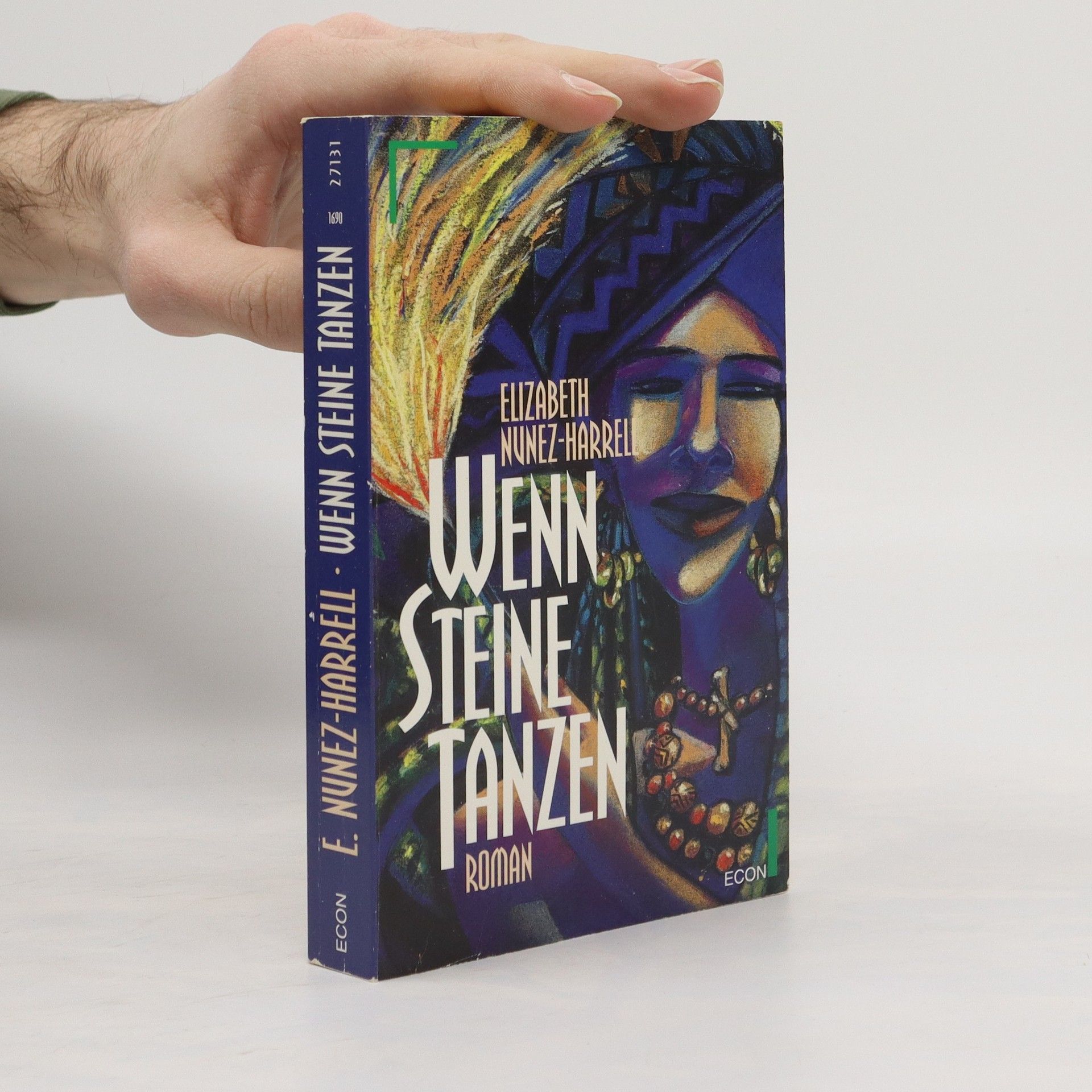Elizabeth Nunez Bücher
Elizabeth Nunez verwebt in ihren Werken komplexe Handlungsstränge, die sich mit Identität, Zugehörigkeit und dem anhaltenden Einfluss des Erbes befassen. Ihre Prosa zeichnet sich durch lyrische Qualität und scharfe psychologische Einblicke aus und erforscht die tiefgreifenden Verbindungen zwischen Familie, Erinnerung und Ort. Nunez seziert meisterhaft die Nuancen menschlicher Erfahrung und bietet den Lesern eine tiefgründige Auseinandersetzung mit kulturellen Landschaften und persönlichen Reisen. Ihre Arbeit stellt einen bedeutenden Beitrag zur zeitgenössischen Literatur dar, gefeiert für ihre emotionale Tiefe und stilistische Eleganz.


There is nothing like racial injustice in America to teach an outsider the differences between perception and reality "The racial politics of a small town in Vermont, as seen through Lila's eyes, provides an illuminating coun